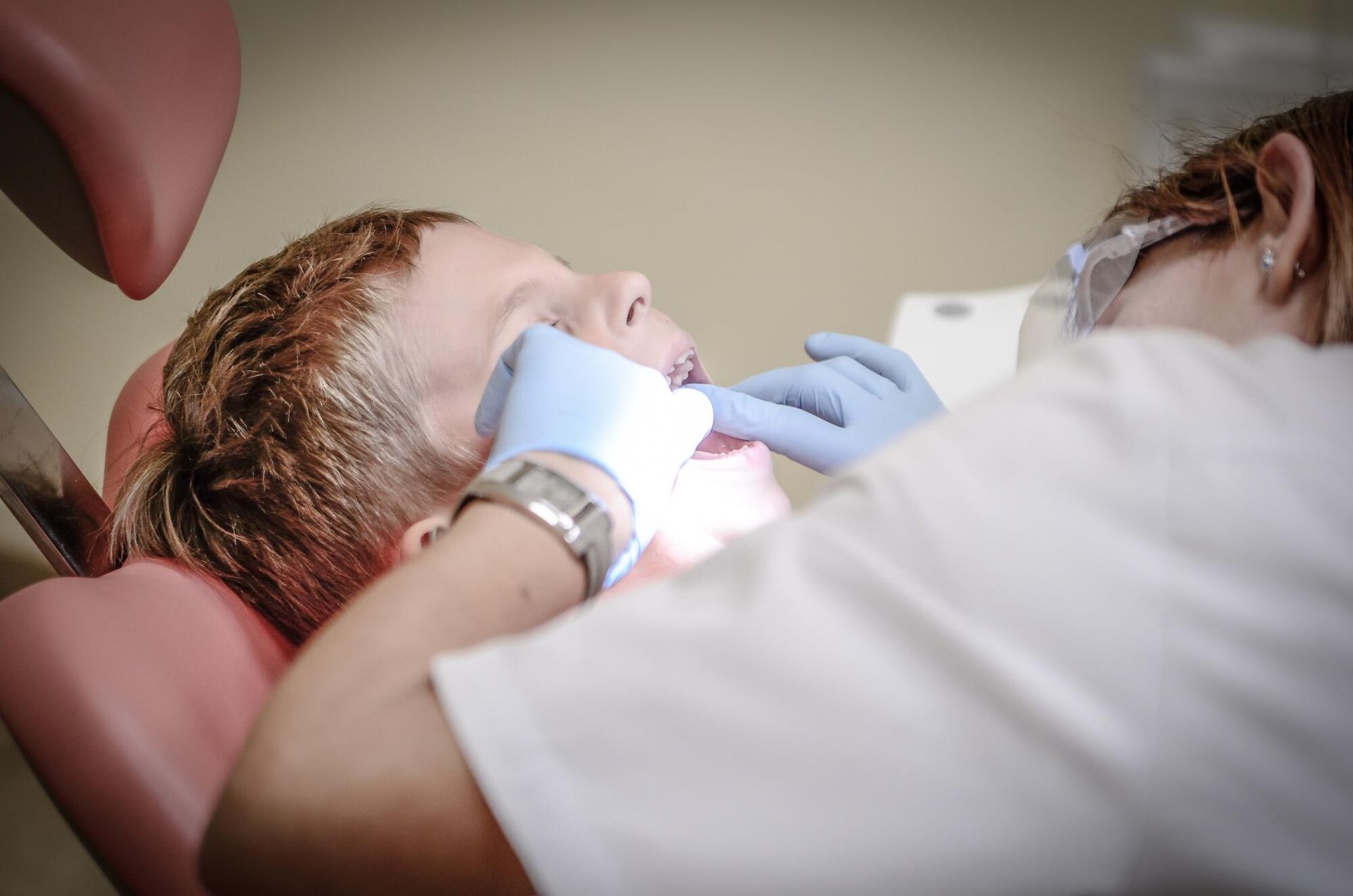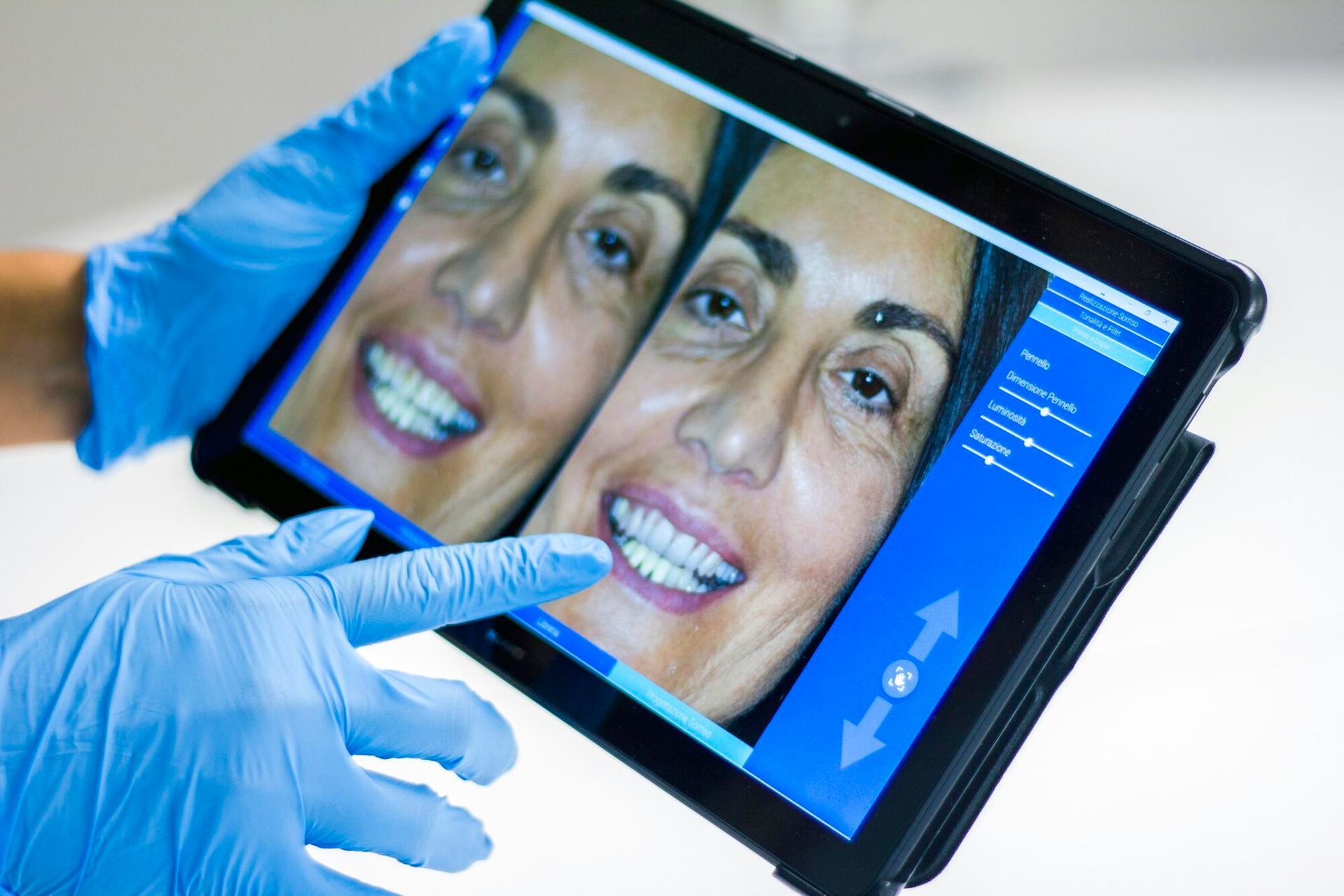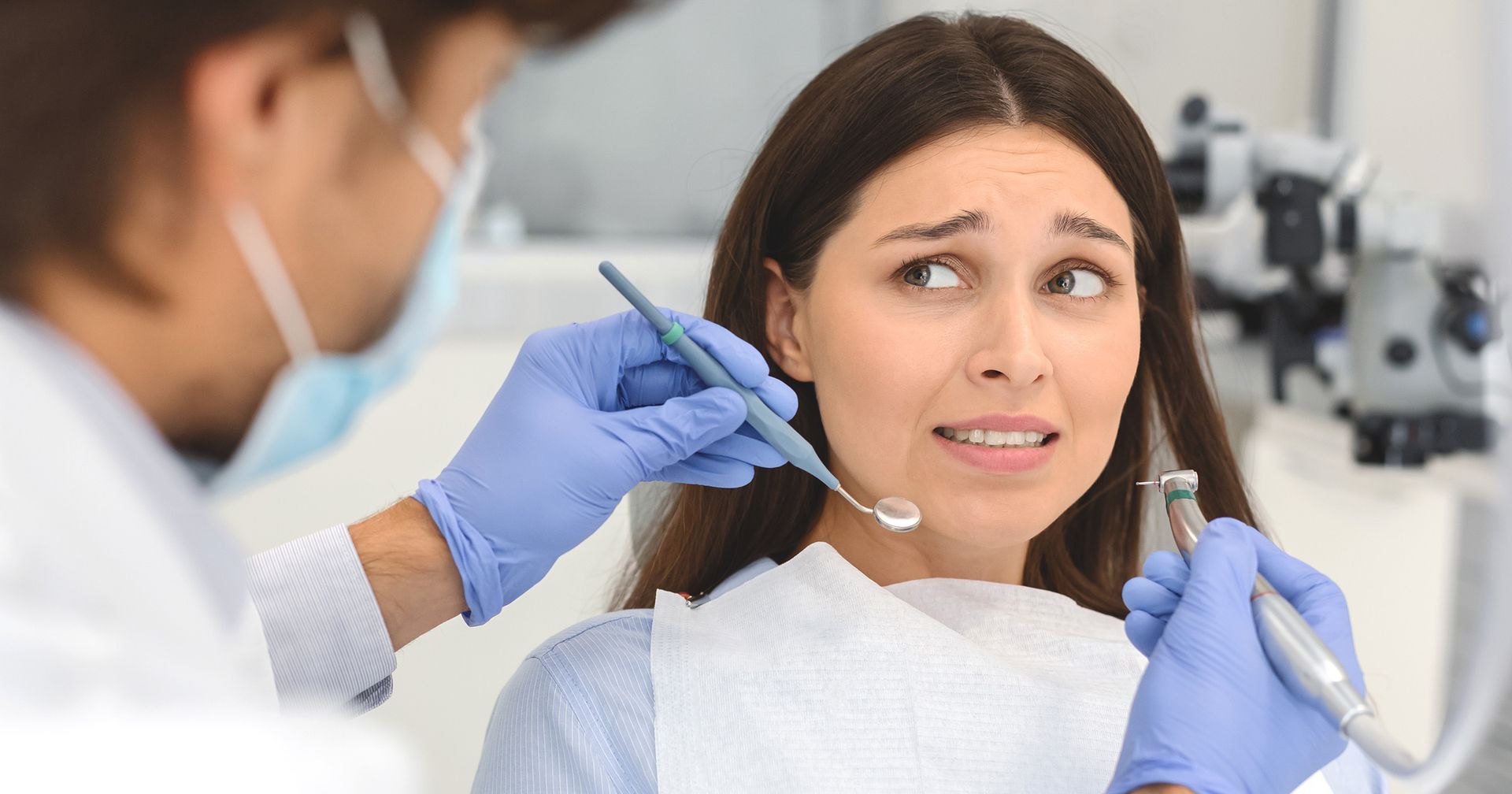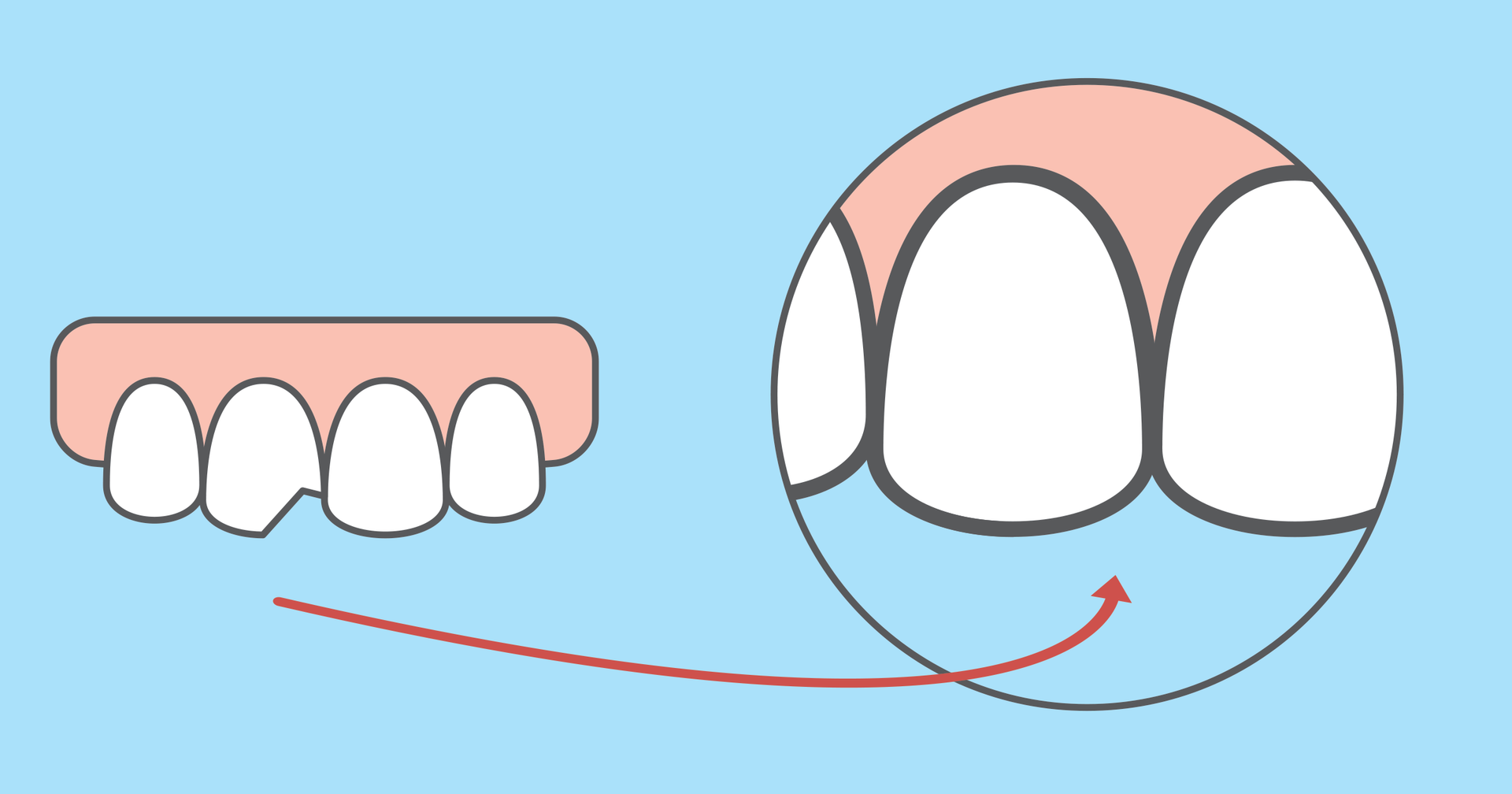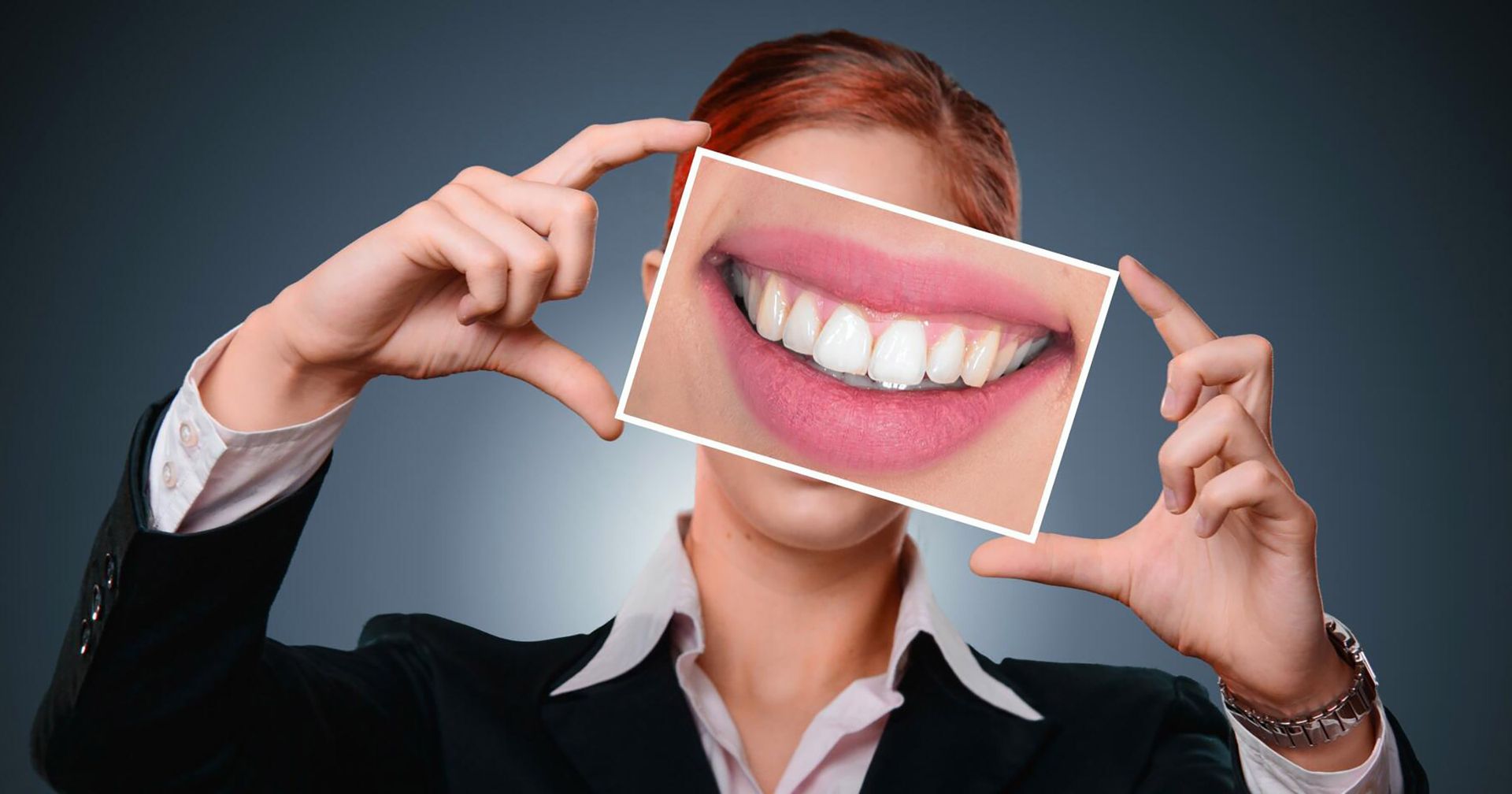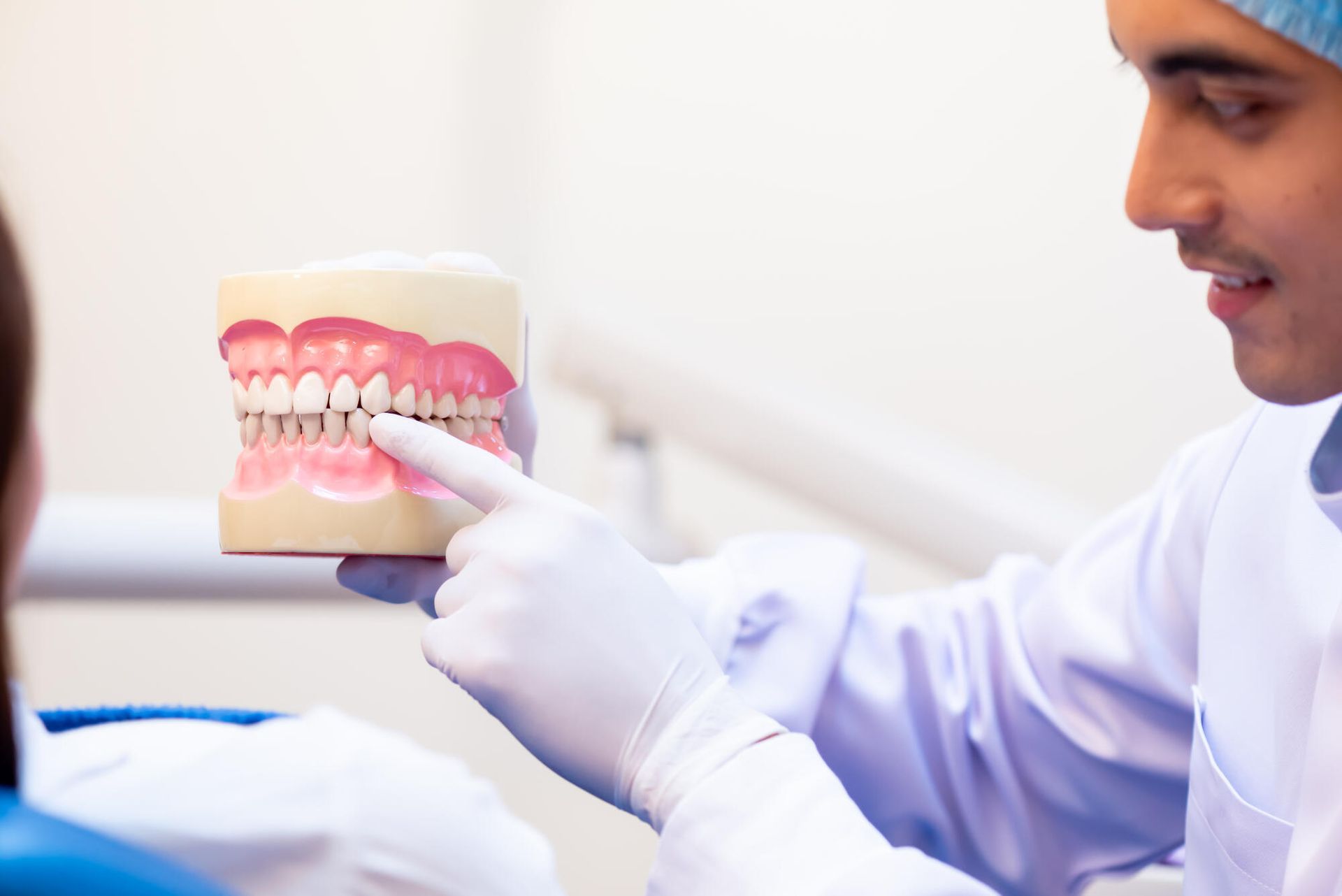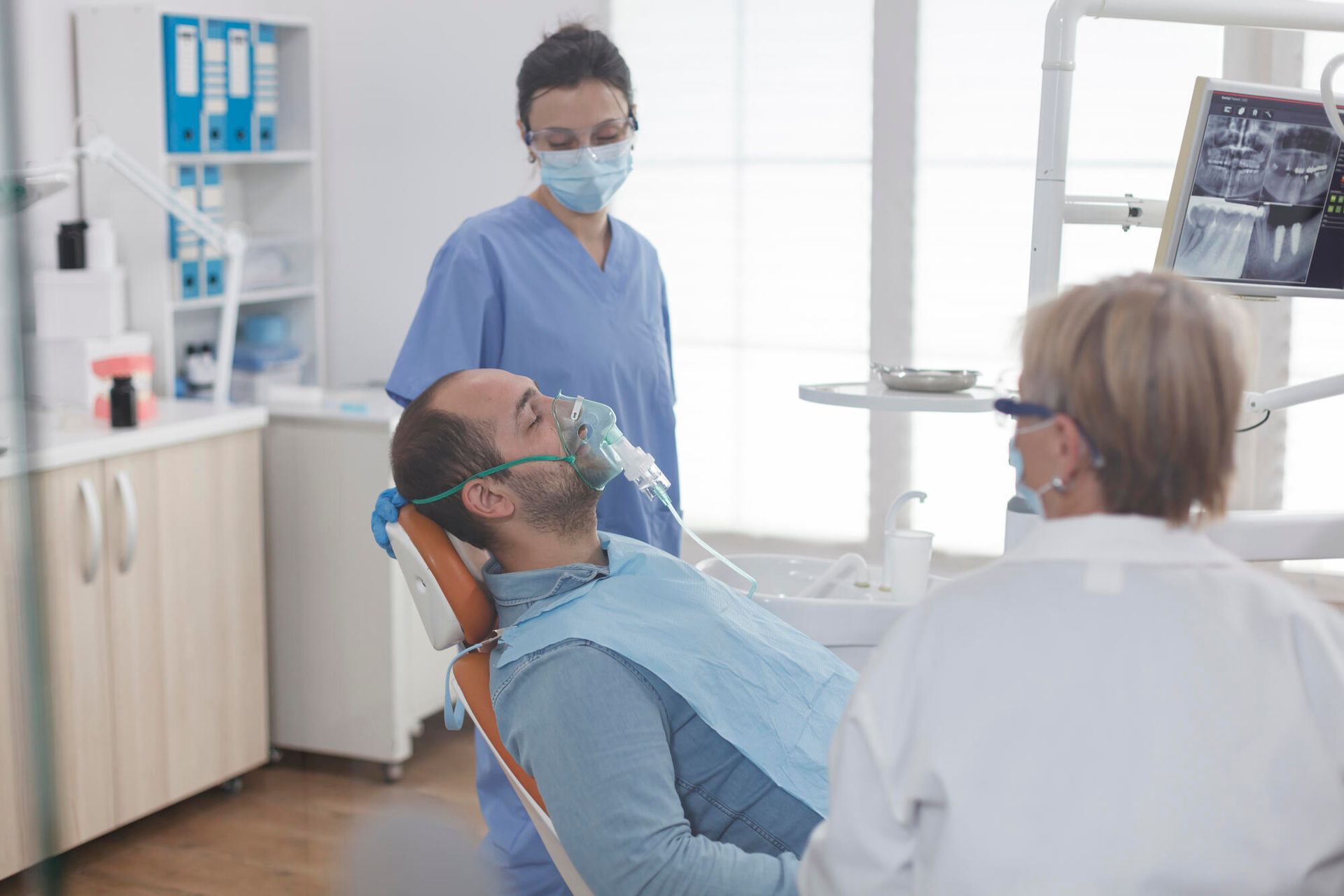The Do's and Don'ts of Tooth Removal Recovery
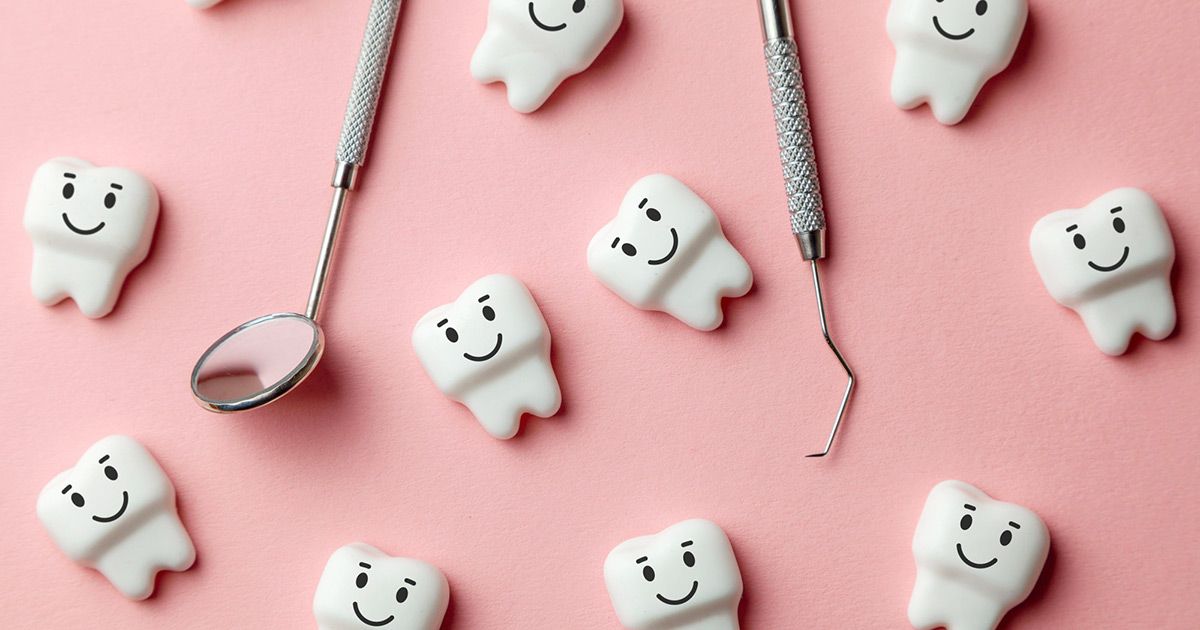
If you're going through a dental extraction procedure with a dentist in Catoosa, OK, this guide will walk you through the tooth removal recovery period.
About 85% of people need their wisdom teeth extracted at some point in their lives. Many more people need their "standard" teeth extracted for other reasons, like advanced tooth decay. Are you in need of a dental extraction?
Many people find the idea of tooth removal scary, but it's actually a minor procedure that only takes a matter of minutes and has a quick recovery time. In other words, you have nothing to worry about!
That said, dental surgery recovery still has a few important dos and don'ts if you want it to be successful, quick, and safe. We're here to talk about them!
Read on to learn all about the dos and don'ts of a safe and healthy tooth removal recovery.
Do: Get Plenty of Rest
If you've just had a tooth extraction, it's best for you to get plenty of rest. If you can, take the rest of the day off. While some people go back to work or school right after dental surgery if they weren't under anesthesia, this isn't the best option for healing.
Your body needs rest in order to heal effectively. While a dental extraction is a minor procedure, it's still best to avoid exercise or strenuous activity for about 24 hours.
Even if you feel great, know that you'll heal faster if you rest.
Don't: Eat Hard or Hot Foods Right Away
After your dental surgery, you may feel hungry. In some cases, patients aren't able to eat before their dental extractions. If this sounds like you, you're going to be feeling peckish pretty soon after!
Opt for foods that are soft and warm (at the hottest).
When you leave the dentist's office, your mouth is going to be numb. You may not realize that you hurt yourself with hard or hot food until after that numbness wears off.
You may also accidentally damage the extraction site even after the numbness wears off. You should avoid chewing anything on that side of your mouth at all until you've healed.
Do: Let the Wound Clot
After your dental extraction, the dentist will place gauze in your mouth and ask you to bite down. They may also give you extra gauze just in case you need it. The gauze isn't just there to keep your mouth free of blood.
When you bite down on the gauze, you're helping the wound clot. This will help it heal.
Most people find that they need to change the gauze every half hour or so, but you only need to hold the gauze in place for one hour total. It's best to keep it there for as long as possible, however.
Make sure that you're not chewing on the gauze. Apply steady and firm pressure.
Don't: Smoke or Use a Straw
You want to avoid any sort of "sucking" motion when you have a tooth extracted.
Sucking can cause the clot to dislodge which will prolong healing. It may even cause a dry socket (which can be incredibly painful). A dry socket can lead to infection which can even spread down into your bones.
When you're healing from your dental extraction, you'll want to drink a lot of fluids. While it would be convenient to use a straw, avoid it for the first few days at least.
Smoking also has extra risks associated with it. The smoke can dry out your mouth and affect the clot. Smoking is never healthy, but it's even worse when you're trying to recover from a dental extraction.
Do: Rinse Your Mouth Gently
Your dentist will likely tell you to rinse your mouth with warm salt water. This is a great way to gently clean the extraction site as you shouldn't be brushing it yet.
Make sure the salt water is warm, but not hot. You don't want to burn yourself. It's also best to wait several hours so you've formed a clot and the numbing has worn off.
Gently swish it around your mouth for several seconds. Instead of forcefully spitting, let the water "fall" out of your mouth. Spitting may dislodge the clot.
Don't: Use Blood Thinners
After your dental extraction, your dentist may give you medication or recommend the best options for you. For serious extractions, patients may get prescription painkillers. In most cases, however, patients receive higher doses of standard pain-relief medications that you could also get over the counter.
Only use the medication that your doctor recommends.
Many people make the mistake of using aspirin right after their dental extractions. Aspirin is a blood thinner, and that means it could impact your body's ability to clot.
Side note about medication: if your dentist gives you antibiotics, take the entire prescription.
Do: Listen to Your Dentist in Catoosa, OK
Your dentist knows what's best for you when it comes to your healing process. Make sure you listen to them and follow their instructions to a T. If you have any questions, don't be afraid to ask.
Some dentists can also provide written instructions upon request if you're still feeling too woozy or tired to remember after your dental extraction.
Are You Ready for Your Tooth Removal?
If it's time for your tooth removal, don't worry! Dental extractions might seem scary, but the recovery process is quick and easy. Keep these "dos and don'ts" in mind when you're recovering and you'll be fine!
Do you need a dentist in Catoosa, OK for your tooth extraction? We're here for you! Our qualified team of dental professionals will make sure your experience is safe and comfortable.
Contact us to set up an appointment today.
